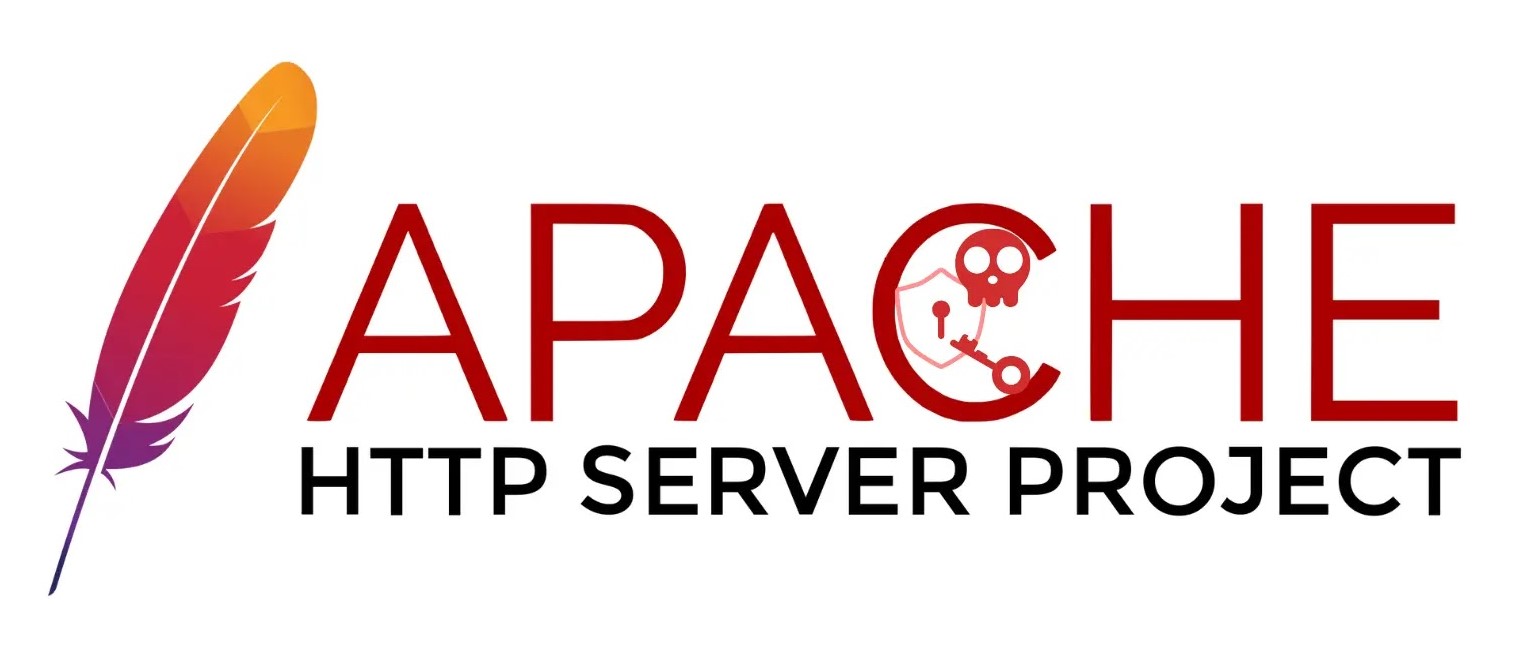
Apache HTTP Server 2.4.64 Released With Patch for 8 Vulnerabilities
Apache HTTP Server 2.4.64: Critical Update Addressing 8 Vulnerabilities
Maintaining a secure web infrastructure is paramount for any organization. The Apache HTTP Server, a cornerstone of the internet, frequently receives updates to address emerging threats. The Apache Software Foundation has recently released Apache HTTP Server version 2.4.64, a critical update addressing eight security vulnerabilities that impacted versions from 2.4.0 through 2.4.63. Ignoring these patches could leave systems exposed to significant risks, ranging from data manipulation to complete server compromise. This analysis delves into the implications of these vulnerabilities and outlines essential remediation steps.
Overview of Addressed Vulnerabilities
The 2.4.64 release of Apache HTTP Server tackles a range of security flaws, each presenting unique risks to server integrity and data security. These vulnerabilities collectively highlight the importance of prompt patching and continuous security vigilance. While specific CVEs were not detailed in the source, the broad categories of addressed issues include:
- HTTP Response Splitting: This classic attack allows an attacker to inject carriage return (CR) and line feed (LF) characters into the HTTP response, potentially leading to forged responses, cross-site scripting (XSS), or session hijacking.
- Server-Side Request Forgery (SSRF): SSRF vulnerabilities allow an attacker to force the server to make requests to an arbitrary domain of the attacker’s choosing. This can be exploited to access internal resources, bypass firewalls, or launch further attacks against other internal systems.
- Denial of Service (DoS): DoS vulnerabilities can render the Apache HTTP Server unresponsive or cause it to crash, disrupting legitimate service access. These can stem from various flaws, including excessive resource consumption, infinite loops, or NULL pointer dereferences.
The cumulative impact of these vulnerabilities underscores the necessity of upgrading to version 2.4.64 without delay. Each potential exploit could lead to a compromise with varying degrees of severity, from temporary outages to significant data breaches.
Remediation Actions
Prompt action is crucial to mitigate the risks posed by these Apache HTTP Server vulnerabilities. The primary and most effective remediation is a direct upgrade.
- Upgrade to Apache HTTP Server 2.4.64: The most direct and comprehensive solution is to immediately upgrade all instances of Apache HTTP Server within your infrastructure to version 2.4.64. This patch directly addresses the identified vulnerabilities.
- Review Configuration: Post-upgrade, review your Apache configuration files (e.g.,
httpd.conf) to ensure no deprecated or insecure directives are in use. Employ the principle of least privilege for Apache user accounts. - Implement Web Application Firewall (WAF): A WAF can provide an additional layer of defense by filtering malicious traffic before it reaches the Apache server. This can help protect against known attack patterns and zero-day exploits.
- Regular Security Audits and Penetration Testing: Conduct periodic security audits and penetration tests to identify potential weaknesses in your web server configurations and applications.
- Keep Up-to-Date: Subscribe to security advisories from the Apache Software Foundation and other reputable cybersecurity news sources to stay informed about new vulnerabilities and patches.
Relevant Tools for Detection and Mitigation
Utilizing the right tools can significantly enhance your ability to detect, analyze, and mitigate vulnerabilities in your Apache HTTP Server deployments.
| Tool Name | Purpose | Link |
|---|---|---|
| Nessus | Comprehensive vulnerability scanning and assessment. | https://www.tenable.com/products/nessus |
| OpenVAS (Greenbone Vulnerability Management) | Open-source vulnerability scanner for network and application security. | https://www.greenbone.net/ |
| ModSecurity | Open-source Web Application Firewall (WAF) engine for Apache. | https://modsecurity.org/ |
| OWASP ZAP (Zed Attack Proxy) | Open-source web application security scanner for finding vulnerabilities. | https://www.zaproxy.org/ |
Conclusion
The release of Apache HTTP Server version 2.4.64 is a critical development for any organization leveraging this widely used web server. Addressing eight significant vulnerabilities, including HTTP response splitting, SSRF, and various denial-of-service attack vectors, this update is essential for maintaining server security and performance. Prioritizing the upgrade to 2.4.64, alongside robust configuration management and continuous security practices, is paramount for safeguarding your web infrastructure against evolving cyber threats.





